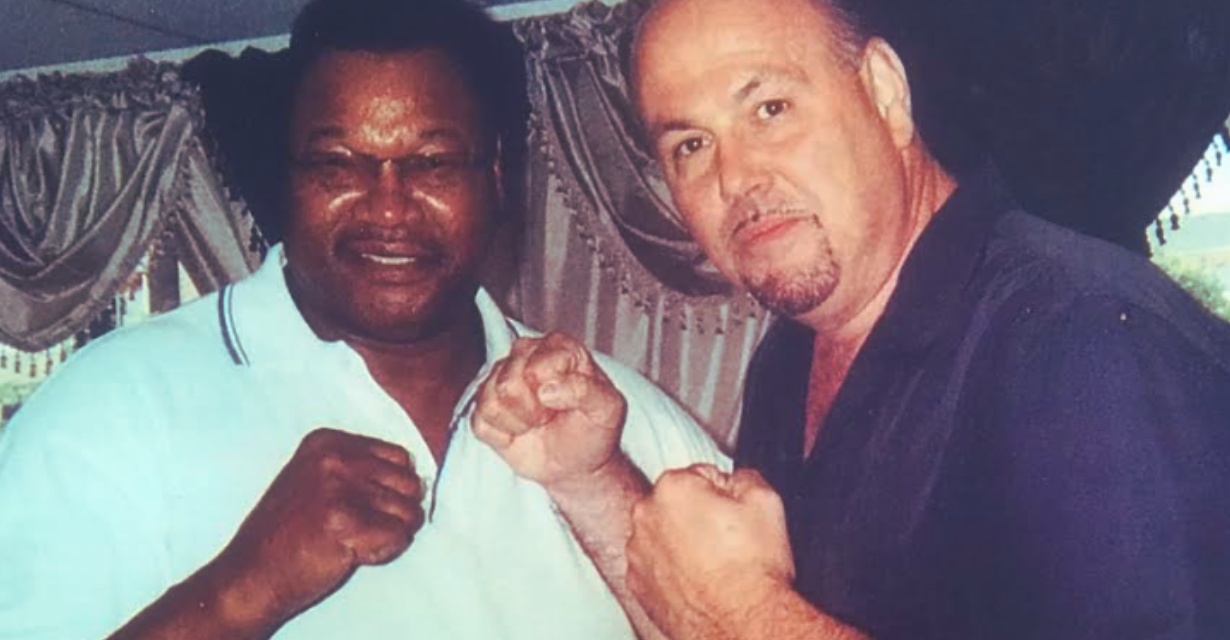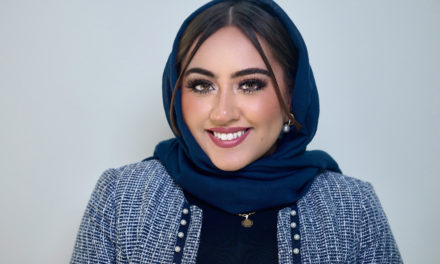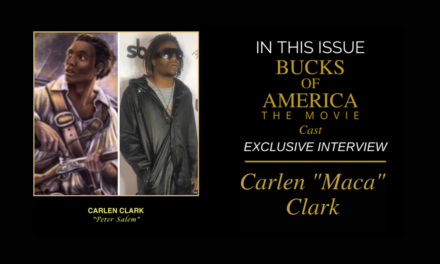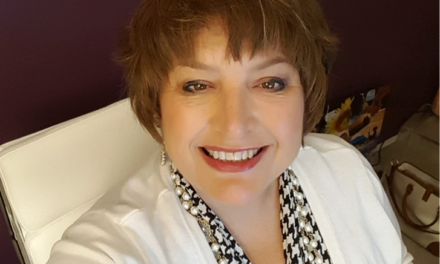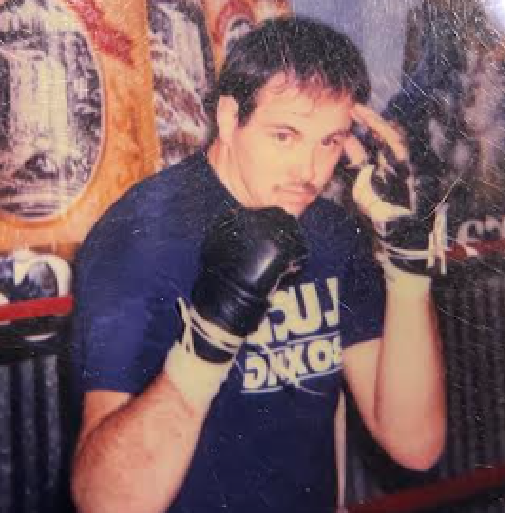
Jay Dehmalo, hailing from Avon Lake, Ohio, is a remarkable individual whose life has been marked by service, resilience, and dedication across multiple domains. With a distinguished military career, Jay served with the United States Army, notably stationed at Camp Casey in Korea during the late 1970s and early 1980s. Positioned near the Demilitarized Zone (DMZ), his tenure involved maintaining high alertness and fulfilling crucial duties, including crowd control following the assassination of South Korean President Park Chung Hee.
Transitioning from military service, Jay made significant contributions to the world of boxing, garnering a professional record of 5 wins and 3 losses. His experience extended beyond the ring, serving as a sparring partner to heavyweight champions Trevor Berbick and Bonecrusher Smith, enhancing their skills and contributing to their successful careers.
Yet, Jay’s impact transcends sports; he played a pivotal role as a case officer in the conviction and deportation of John Demanyuk, known as “Ivan the Terrible,” a convicted Holocaust criminal. Moreover, his commitment to charitable causes, including regular donations to St. Jude’s in Cleveland, Ohio, and active involvement in community organizations, showcases his dedication to making a positive difference.
Jay Dehmalo’s multifaceted journey embodies resilience, service, and an unwavering commitment to excellence, leaving an indelible mark on the realms of military service, boxing, and community involvement alike.
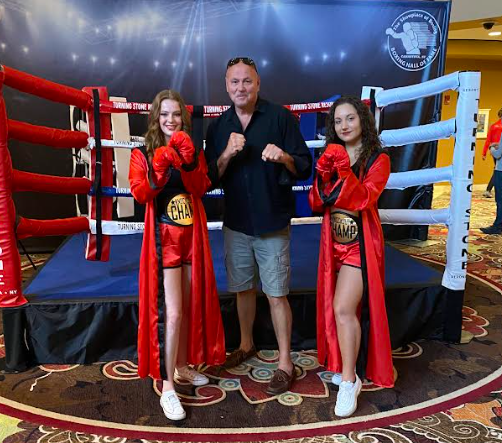
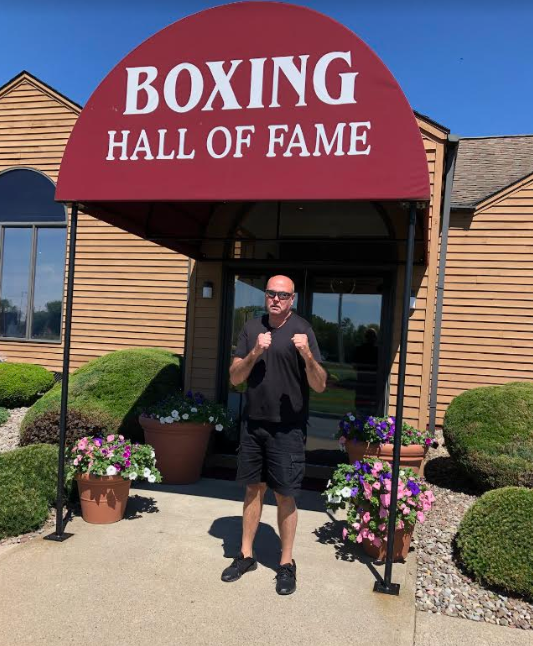
Let’s start with your military service. Can you share some insights into your time at Camp Casey in Korea?
Thank you for having me, Sandra. My time at Camp Casey was certainly memorable. Being stationed just 13 miles from the DMZ meant we were always on high alert, ready for any situation that arose.
You mentioned being involved in crowd control after the assassination of South Korean President Park Chung Hee. How did that experience shape your perspective on your military service?
That was a challenging time for us. The assassination added a layer of complexity to our mission, but it also demonstrated our adaptability and readiness to fulfill our duties, no matter the circumstances. It definitely reinforced the importance of being prepared for the unexpected.
Your service earned you the Korean Defense Service Medal and the Army Commendation Award. What do these honors mean to you personally?
Those honors are a testament to the hard work and dedication of not just myself, but my fellow soldiers as well. They represent our commitment to serving our country and fulfilling our duties to the best of our abilities.
Moving on to your boxing career, you’ve had quite an impressive record. What inspired you to pursue boxing, and how did your military experience influence your approach to the sport?
Boxing was something I was always passionate about, even before my military service. But my time in the Army instilled in me a sense of discipline and resilience that served me well in the ring. It taught me the importance of perseverance and mental toughness, qualities that are crucial in boxing.
You’ve also served as a sparring partner to heavyweight champions Trevor Berbick and Bonecrusher Smith. What was it like working with such renowned athletes, and how do you think it impacted your own skills as a boxer?
Working with champions like Trevor Berbick and Bonecrusher Smith was an invaluable experience. It allowed me to learn from the best and hone my skills in ways that wouldn’t have been possible otherwise. It was an honor to contribute to their success and to learn from them in the process.
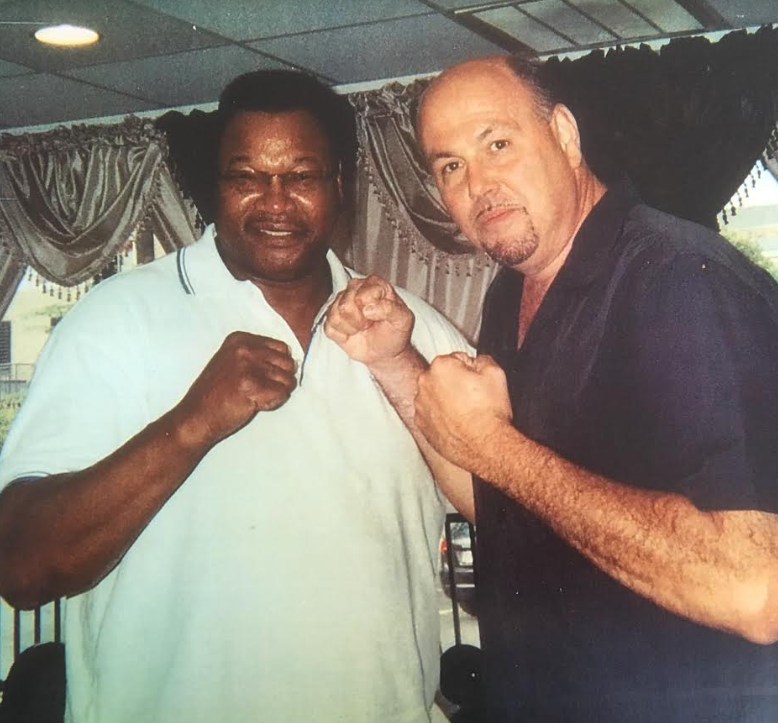
Beyond boxing, you’ve been involved in charitable causes and community organizations. What drives you to give back to your community, and how do you balance your various commitments?
Giving back to the community has always been important to me. Whether it’s through monthly donations to organizations like St. Jude’s or being involved in community organizations like the Fraternal Order of Police, I believe in using my platform to make a positive impact wherever I can. It’s all about finding a balance and prioritizing what matters most.
Your involvement in the conviction and deportation of John Demanyuk, also known as “Ivan the Terrible,” highlights your commitment to justice. Can you tell us more about that experience and how it has influenced your perspective on your role in society?
That was a challenging case, but it was also incredibly rewarding to see justice served. It reinforced the importance of using my skills and resources to make a difference, both in the boxing world and beyond. It’s a responsibility I take very seriously, and one that I’m proud to uphold.
Looking back on your journey so far, what do you consider to be your proudest achievement, both in your military service and your boxing career?
That’s a tough question. In my military service, I’m proud of the resilience and dedication my fellow soldiers and I demonstrated, especially during challenging times like the aftermath of President Park Chung Hee’s assassination. In my boxing career, I’m proud of the impact I’ve been able to make both in the ring and outside of it, whether it’s through mentoring young athletes or giving back to the community.
You’ve had a multifaceted career, spanning military service, boxing, and community involvement. What advice would you give to someone looking to follow in your footsteps and make a positive impact in their own community?
I would say, never underestimate the power of perseverance and hard work. Whether you’re serving your country, pursuing your passion in the ring, or giving back to your community, it’s important to stay focused on your goals and never lose sight of what truly matters. And always remember to pay it forward and help others along the way.
Finally, what advice would you give to aspiring boxers who are just starting their journey in the sport?
My advice would be to stay focused, stay disciplined, and never lose sight of your goals. Boxing is a tough sport, but if you’re willing to put in the work and stay committed, the rewards are immeasurable. Surround yourself with a strong support system, seek out mentors who can guide you, and never be afraid to learn from both your successes and your failures. And above all, always believe in yourself and your abilities.
